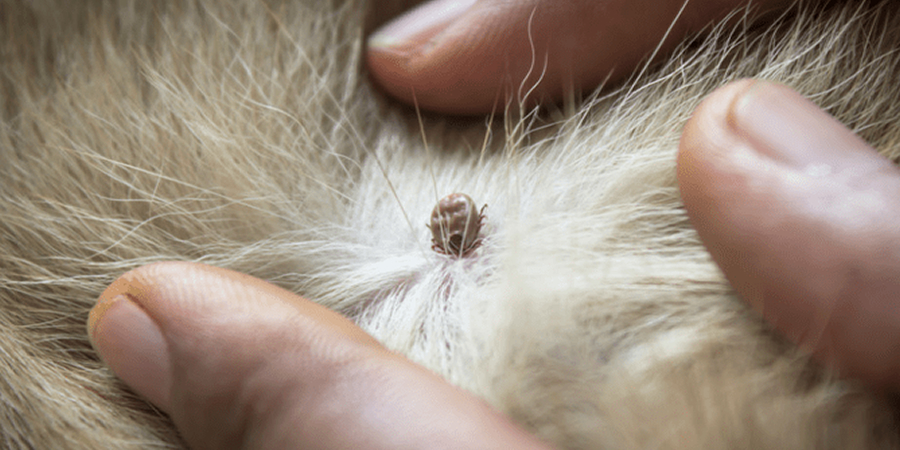September 11, 2024
Growing resistance of Asian blue tick threatens South African cattle health

A new study has revealed that the Asian blue tick, a known carrier of the deadly African redwater disease, is becoming increasingly resistant to common treatments in South Africa, foodformzansi reported.
This development poses a significant threat to cattle health across the country. The African blue tick is also showing similar resistance, prompting concerns about livestock protection strategies.
The research, led by Dr Luther van der Mescht, a senior lecturer in zoology and entomology at the University of the Free State, highlights the alarming levels of resistance to common tick treatments used on cattle farms. The focus of the study was on the cattle tick species Rhipicephalus microplus (Asian blue tick).
The study involved testing ticks from different regions using the larval packet test (LPT), which revealed widespread resistance to several key acaricides, including chlorfenvinphos, fipronil, deltamethrin, amitraz, and ivermectin.
Dr van der Mescht noted that similar resistance patterns were also observed in the endemic African blue tick (Rhipicephalus decoloratus) across commercial farms in South Africa. He also expressed concern that the Asian blue tick appears to be displacing the African blue tick on communal farms, which could have a greater impact on small-scale farmers compared to commercial operations.
Northern Cape cattle farmer, Maungo Mokgoje, mentioned that while tick control is typically a concern during the rainy season, the problem has generally been manageable in his area.
"There are tick problems that we normally face during the rainy season in our area, but they are manageable," Mokgoje said.
Khomotso Mashiloane, a livestock technical advisor at Red Meat Industry Services (RMIS), urged farmers to rotate between different active ingredients, such as alpha-cypermethrin and deltamethrin, to prevent resistance. He highlighted the challenges faced by emerging and small-scale farmers, who may not fully understand the importance of rotating active ingredients rather than just changing product names.
"The issue that we are facing with emerging farmers or small-scale farmers is that they don't understand the concepts of rotating pesticides. They think that they are rotating by changing the product name without really understanding the active ingredients," Mashiloane said.
Additionally, Mashiloane recommended biological tick control methods like rotational grazing to disrupt the tick life cycle and reduce resistance. He emphasized the importance of managing ticks on all animals, including dogs and sheep, to prevent cross-species infestation.
He also stressed the importance of accurate dosage in acaricide use, explaining that incorrect measurements based on an animal's weight can contribute to resistance problems. "Proper dosing and understanding of acaricide use are crucial to effective tick management," Mashiloane concluded.
- foodformzansi










